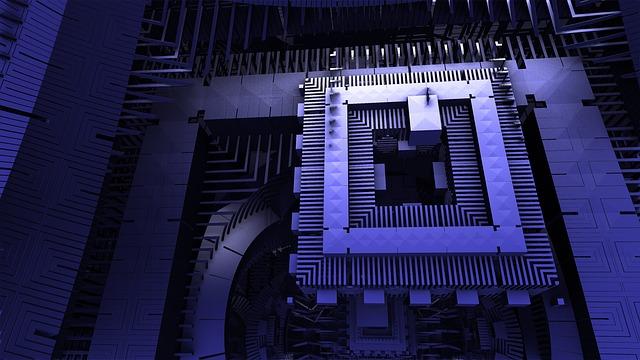- Introduction
- Next-Generation Power
- Applications
- Challenges
- Future Outlook
- Conclusion
- FAQs
- References
Introduction
Quantum computing represents the next frontier in computational power, harnessing the principles of quantum mechanics to perform complex calculations that were previously unattainable with classical computing. This article delves into the groundbreaking potential of quantum computing and its far-reaching impacts on various industries and scientific fields.
Next-Generation Power

(Image: Pixabay/@TheDigitalArtist)
Quantum computing offers a paradigm shift in processing power by leveraging quantum bits or qubits, which can exist in multiple states simultaneously. Unlike classical bits, which are binary and exist as either 0 or 1, qubits use superposition and entanglement to massively increase computational capacity.
The ability of quantum computers to explore numerous solutions simultaneously enables them to solve complex problems much faster than traditional computers. This speedup holds the potential to revolutionize fields like cryptography, drug discovery, and optimization.
Furthermore, quantum computers have the potential to break existing encryption methods due to their ability to factor large numbers efficiently, posing both a threat and an opportunity for cybersecurity.
Applications

(Image: Pixabay/@TheDigitalArtist)
Quantum computing is poised to revolutionize various industries, from finance and healthcare to logistics and materials science. In finance, quantum algorithms can optimize portfolios and analyze risk more effectively. In healthcare, quantum computing could accelerate drug discovery processes and enhance personalized medicine.
In materials science, quantum simulations can predict the properties of new materials with extraordinary precision, leading to the development of advanced technologies such as superconductors and nanomaterials. Additionally, quantum machine learning holds promise for improving data analysis and pattern recognition across diverse domains.
Exploring the potential applications of quantum computing is crucial for unlocking its transformative power and driving innovation in numerous sectors.
Challenges

(Image: Pixabay/@HoAnneLo)
Despite its vast potential, quantum computing faces significant challenges, including error rates, decoherence, and scalability. Quantum systems are highly susceptible to noise and environmental factors, which can introduce errors and limit the accuracy of computations.
Developing fault-tolerant quantum systems capable of effectively correcting errors remains a major research focus. Additionally, scaling quantum computers to support practical applications while maintaining coherence poses a daunting technical challenge.
Addressing these obstacles is essential for realizing the full capabilities of quantum computing and ensuring its viability in real-world scenarios.
Future Outlook

(Image: Pixabay/@TheDigitalArtist)
The future of quantum computing holds immense promise for transforming industries and scientific disciplines through unprecedented computational power. As researchers and engineers continue to overcome technical hurdles and advance quantum algorithms, the impact of quantum computing is set to grow exponentially.
By harnessing the elusive properties of quantum mechanics, quantum computing is poised to revolutionize problem-solving capabilities and drive innovation across a spectrum of applications. Embracing this disruptive technology will pave the way for a new era of computational efficiency and scientific discovery.
Conclusion
Quantum computing represents a revolutionary leap in computational power, offering the potential to solve complex problems at an unprecedented scale. With its transformative applications spanning diverse sectors, quantum computing heralds a new era of innovation and discovery.
FAQs
How does quantum computing differ from classical computing?
Quantum computing leverages quantum bits or qubits, which can exist in multiple states simultaneously, enabling parallel processing and exponential speedups compared to classical binary bits.
What are the key challenges facing quantum computing?
Key challenges in quantum computing include error rates, decoherence, and scalability issues. Overcoming these obstacles is essential for realizing the full potential of quantum computers in practical applications.

